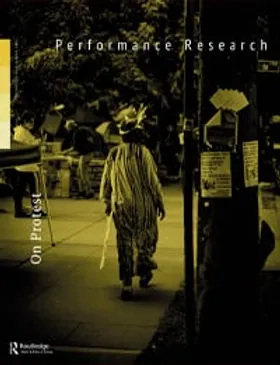The Last Days of Muhammad Atta
“The Last Days of Muhammad Atta”
a short story by Martin Amis
The New Yorker, April 24th, 2006
Martin Amis’ dark short story in last week’s New Yorker attempted to reconstruct the final hours in the life of one of the hijackers of American Airlines Flight 11, the first plane to collide with the WTC on the morning of September 11th 2001. The US government’s 9/11 Commission Report was unable to find any “physical, documentary, or analytical evidence” that provides a convincing explanation as to why Atta and fellow hijacker Omari spent September 10th driving from Boston to Portland, only to return to Logan by air the next day, before transferring to the transatlantic flight that would bring them to their deaths. Amis’ story attempts to speculate a plausible explanation.
In Amis’ version, Atta is the least zealous of his gang. While the rest of the members of his cell are deeply religious, Atta doesn’t share either their piety or their political conviction. Unlike them, he is depressive and has grown to hate his life as much as he hates the awkward habits of his co-conspirators. And unlike them religion is unable to soothe his body’s intense anxiety about his coming mission; he can put it out of his mind but his body rebels with violent halitosis, stomach pain and headaches.
It may seem unlikely that such a calculated and brutal attack could be conducted by people with such small motivation, but we should remember that crimes on such a scale have been conducted throughout history by the foot-soldiers of the world’s empires: often working class people with as little invested in the actions as Atta in the destruction of American lives.
We learn that Atta is involved for “the core reason”, which turns out to be “all the killing—all the putting to death… he was thinking of the war, the wars, the war cycles that would flow from this day… killing was divine delight.”
Atta and the hijackers are just evil people. Is there any possible interpretation other than this?
None of these things are entirely untrue: the premeditated killing of almost 3000 civilians is certainly as much a feat of physical and psychological endurance as it is evil, but can it be separated from the social and political events that surround it? How can we understand Atta’s supposed pleasure in killing, without even asking what kind of trauma could provoke such derangement? Is it not a bit hypocritical for us in the West to accuse those who attack us of being motivated by pure evil, while the reasons we offer for Western soldiers killing thousands of civilians in Iraq is attributed to humanitarianism, patriotic self-defence or at the least greed, which is still a step above pure evil.
While the contradictions of this situation may be difficult to navigate, they are by no means incomprehensible. In an era where even Steven Spielberg is releasing films about the ambiguities of terrorism and counter-terrorism, the attempt of a writer of the stature of Martin Amis to broach the subject comes as quite a let-down.



Comments
Post a Comment